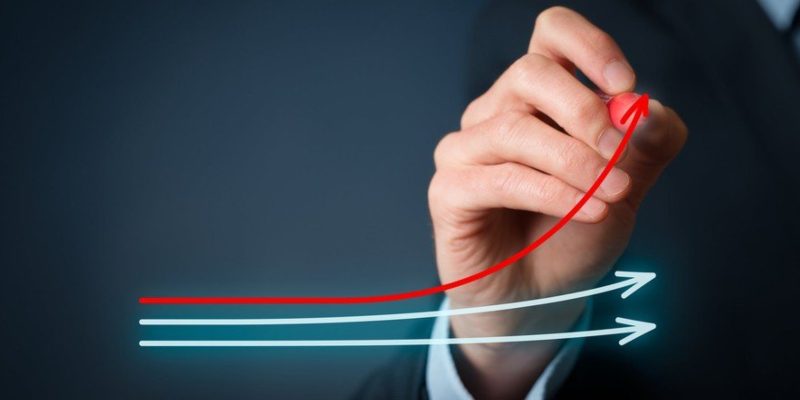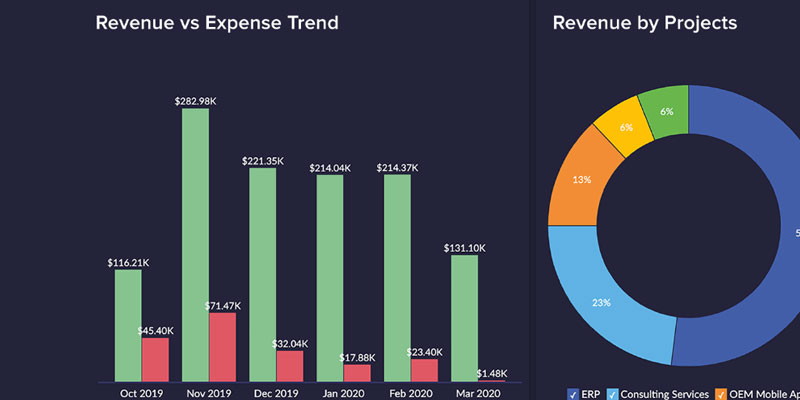Which Mortgage Type Should I Choose?
Jan 05, 2024 By Susan Kelly
Finding the ideal house is only half the battle until you can pay for your home in full. Choosing the best mortgage type is the other half of the process. Finding a loan that fits your requirements and price range is crucial because you'll probably be paying back your mortgage over an extended period. When you take out a loan from a lender, you're entering into a contract to pay it back over a predetermined period (albeit with interest).
Mortgage Components 
The principal of a mortgage is the loan amount, and the interest added to that principal are its two main components. Although it does not act as a mortgage lender, the U.S. government does back certain kinds of mortgage loans. Conventional, conforming, nonconforming, guaranteed by the Federal Housing Administration, insured by the U.S. Department of Veterans Affairs, and insured by the U.S. Department of Agriculture are the six essential categories of mortgages.
How Do Mortgages Work?
Your mortgage payment consists of two parts: principal and interest. The loan's principal is its total amount. For the privilege of granting you a loan you can repay over time, lenders charge you interest, which is an additional sum (determined as a percentage of the principal). You make monthly payments throughout the mortgage according to an amortization schedule established by your lender.
Repayment or a mortgage with only interest?
You pay the principal, interest, and home equity back each month with a repayment mortgage. In contrast, with an interest-only mortgage, you only pay the interest, and you pay off the equity at the end of the term.
Repayment mortgages are often the best option because they ensure that you are repaying your debt and that you will have paid off the mortgage at the end of its term.
Should I get a mortgage with a fixed rate? 
A fixed-rate mortgage is one in which the rate is set for a predetermined period before switching to the lender's usual variable rate. According to a Which survey, more than 60% of homeowners made a fixed rate mortgage their mortgage of choice in 2019.
Fixed-rate mortgages are popular since you can plan your monthly payments precisely over a predetermined period. The Bank of England will protect you from any interest rate hikes during your fixed-rate period.
How long should I fix my rate if I choose to do so?
You must choose the mortgage period if you opt for a fixed-rate mortgage to ensure your mortgage costs; this term is often two, three, or five years.
A five-year fixed mortgage can give you more security and may be interesting for those who are steady but struggling financially and want to reduce any financial concerns. However, a lot can happen to your situation in five years, and a more extended period might make you feel imprisoned. Additionally, in five years, your salary might have improved, making any increases in your mortgage much more manageable.
A tracker mortgage: what is it?
A tracker mortgage fluctuates with the base rate set by the Bank of England. A base rate plus 2% tracker, for instance, ensures that the interest you pay is always 2% higher than the base rate set by the Bank of England.
Tracker rates can be used for the whole mortgage term or the first two to five years before switching to the lender's standard variable rate (which is invariably a lot more expensive).
Should I go with a mortgage with a regular variable rate?
A mortgage with a standard variable rate is never a good idea. Because they allow lenders to charge whatever they want, they are the least valuable mortgages available.
Due to the expiration of their current mortgage agreement, most people will wind up on an average variable-rate mortgage. Once homeowners have gotten into this mortgage, lenders rely on their inertia to keep them there.
Is a mortgage with a discount a wise choice?
Lenders who temporarily lower their rates to entice you to their more expensive SVR offer reduced mortgages. The discount will be available for a limited time, often two to five years, after which you will be placed back on their more expensive mortgage.
Do I need to look into an offset mortgage?
When you have an offset mortgage, your lender deducts the amount of your savings balance from the amount of the debt they charge interest on. For instance, if you have a mortgage of $100,000 and $10,000 in savings, you would only pay interest on $90,000.
Loans For First-Time Buyers
First-time buyers can take advantage of special offers from many mortgage lenders, mainly designed to help consumers move up the housing ladder. These mortgages typically allow for lower down payments and reduced application fees, allowing the mortgage's proportion to the property's value to be higher.
On this page
Mortgage Components How Do Mortgages Work? Repayment or a mortgage with only interest? Should I get a mortgage with a fixed rate? How long should I fix my rate if I choose to do so? A tracker mortgage: what is it? Should I go with a mortgage with a regular variable rate? Is a mortgage with a discount a wise choice? Do I need to look into an offset mortgage? Loans For First-Time Buyers
TQQQ vs. QQQ

Sears Shop Your Way Mastercard Review

Types of Termination Letters and Essential Inclusions for Employers

Which Mortgage Type Should I Choose?

A Guide about Alliant Credit Union Personal Loans

Top 3 Index Funds For Investors With A Long-Term Perspective

Way to Estimate Your FICO Score

Top 4 Best Commodity Trading Books Of 2022

Callable CDs: A Deep Dive Into This Unique Investment Option

Plan For Your Retirement With The 4% Rule

Webull Review 2024: Free Trading App for Beginner and Pro Investors
